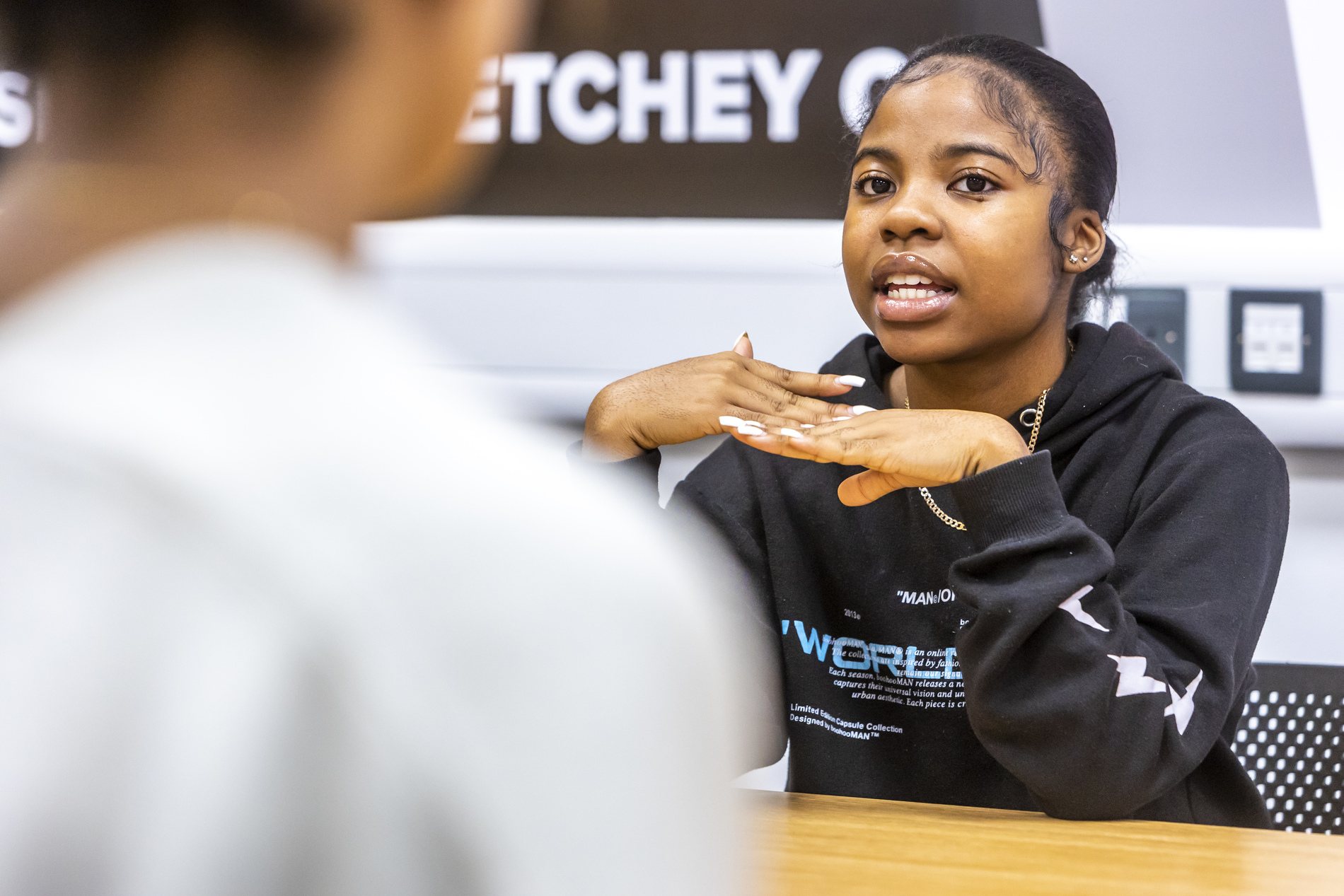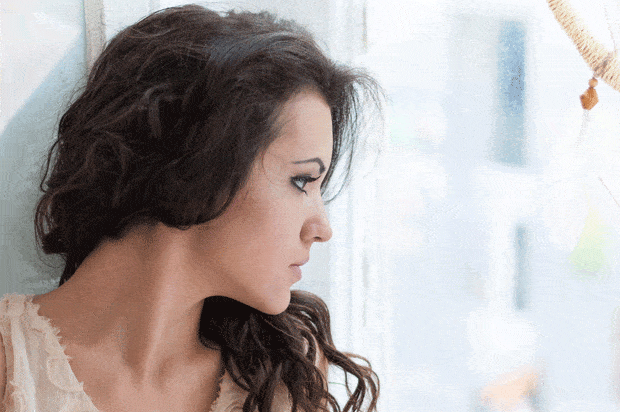My dad died suddenly when I was at uni
Kate's dad died unexpectedly after being diagnosed with Wilson's Disease at the age of 46. He lived a happy and healthy life up until then. Unfortunately he was taken too soon. She tells us about how she coped when her dad died suddenly and her experience of losing a parent.
True Stories


T/W Discussion of bereavement.
The illness
At 18 years-old I found out my Dad had Wilson’s Disease. This is a rare genetic disease where copper builds up in the body and spreads to the liver, brain, cornea and kidneys. Without treatment, Wilson’s disease is usually fatal by the age of 40. However, if treatment begins in the early stages of the disease, sufferers can live a normal length and quality of life. Tragically for my Dad, the illness wasn’t detected until it was too late. Six months after his diagnosis, he’d gone blind and was on the emergency liver transplant list. Two false alarms later and three months of waiting later, they finally found one.
The operation took longer than expected and he was heavily sedated, but the doctors said he was more or less stable! Dad made it clear that he didn’t want us seeing him straight away, so I planned to go to the hospital that weekend. A day after the operation, my uncle asked me to come home from university and help out my two sisters. I couldn’t understand why I had to leave so soon when I had a ticket booked for the weekend, but I did; when my uncle insisted, a spine-chilling feeling ran down my back. After scribbling out a note to my housemates, I sat stony-faced on the train for four hours, trying not to think of the fact that I might have to utter the words ‘my dad died’.
My Dad died suddenly
I didn’t tune into the phone call my sister was having, but when she turned around to face us I saw the colour drain from her face. She went completely grey. She said the words: “My dad died” and walked towards us in slow motion. We held on to each other in utter disbelief, having learnt our father hadn’t recovered from a heart attack he’d had during the operation.
I can honestly say that I never thought we would lose him. Not ever. Three weeks after my Dad died, I had an evening where I thought he was still alive. A friend had written a note on my pinboard to remind herself to ring her Dad. I felt like I hadn’t spoken to Dad in ages and had loads to tell him, so I said excitedly; “Oh has my Dad rung?!” But as I saw the look on her face, I realised that no, he hadn’t. It was honestly a devastating moment for me.
I couldn’t believe I’d forgotten; even though every morning I woke up crying after a split second of thinking everything was normal. Then I’d realise, wham, it wasn’t. I’d forgotten even after the day of the funeral when I caught sight of the coffin and had to be held up by other people because I wasn’t strong enough to hold myself. My throat was raw from crying, my eyes were stinging and my face was throbbing as the grief poured out of me uncontrollably. Still, I got physically pushed to the front of the crowd of mourners as Dad’s coffin was lowered into the ground forever. After that we walked arm-in-arm back to the car park. I couldn’t believe that my Dad died suddenly and this was the end for him.
Trying to move on
The next few months passed by in a blur. I’d start crying most days and on days I didn’t feel like crying, I felt so bad for not crying that I cried anyway. The strangest feeling in the time after my Dad died was the resentment at the months that would pass. When it went from one month, to five months, then eventually to the dreaded yearly anniversary. I almost wanted it to be just a few weeks since the day we were told the news.
This wasn’t because I wanted to re-live those immediate dark feelings. It was because the longer time went on, the more I had to face up to the fact it was real. He wasn’t coming back; it wasn’t just an extended business trip. I would re-read the dozens of sympathy cards that I received. All beautifully written with words of comfort and stories about how they remembered my Dad. I don’t think people realise how important those cards are to you until you’ve lost someone.
Everyone’s reactions
Everyone around me thought that as time went on, I would heal. It was the exact opposite. As time went on it felt worse. I missed him like crazy. The pictures of him just stayed on my camera roll, unseen. I couldn’t bear to look at his face knowing that I would never see it again. Sometimes I feel guilty about it, but I just couldn’t deal with the loss of a parent. My father died and there was nothing I could do about it – that feeling is not something that just goes away.
Friends would say how well I was coping and how they would have completely fallen apart trying to navigate losing a parent or a family member. But they didn’t see my moments alone. I carried on for Dad’s sake. There’s no doubt in my mind that he was around me all the time. I knew he would’ve wanted me to finish my degree. In fact, I even had conversations with him in my head and, during the really tough moments, I would beg for him to come and sit with me. This is when I asked him to give me a sign he was still there for me, but it never came. Losing my dad was the hardest thing I’ll probably ever have to go through. I just have to have faith that he was near me, feeling peaceful, happy and hopefully proud of me.
If you need support for grief
You can sign up for up to eight sessions of free and confidential counselling at The Mix.
Read our article on bereavement to understand more about how it might affect you.
Get in touch with Winston’s Wish, who support young people with loss.
Next Steps
- Cruse offers grief and bereavement support via phone, email, and face-to-face. You can call their free helpline on 0808 808 1677 (Monday - Friday, 9.30 - 5pm, extended to 8pm on Tuesdays, Wednesdays, and Thursdays) or visit their website for more support.
- Hope Again is a website created for young people by young people affected by bereavement. It offers a community of peer support, as well as a support service via email: [email protected]
- Marie Curie offers emotional support and practical information for anyone affected by terminal illness, and their friends and families. Call Marie Curie's helpline on 0800 090 2309 from 8am to 6pm Monday to Friday and 11am to 5pm Saturday.
- Chat about this subject on our Discussion Boards.
By Nishika Melwani
Updated on 23-Dec-2021
Image courtesy of Shutterstock
No featured article










